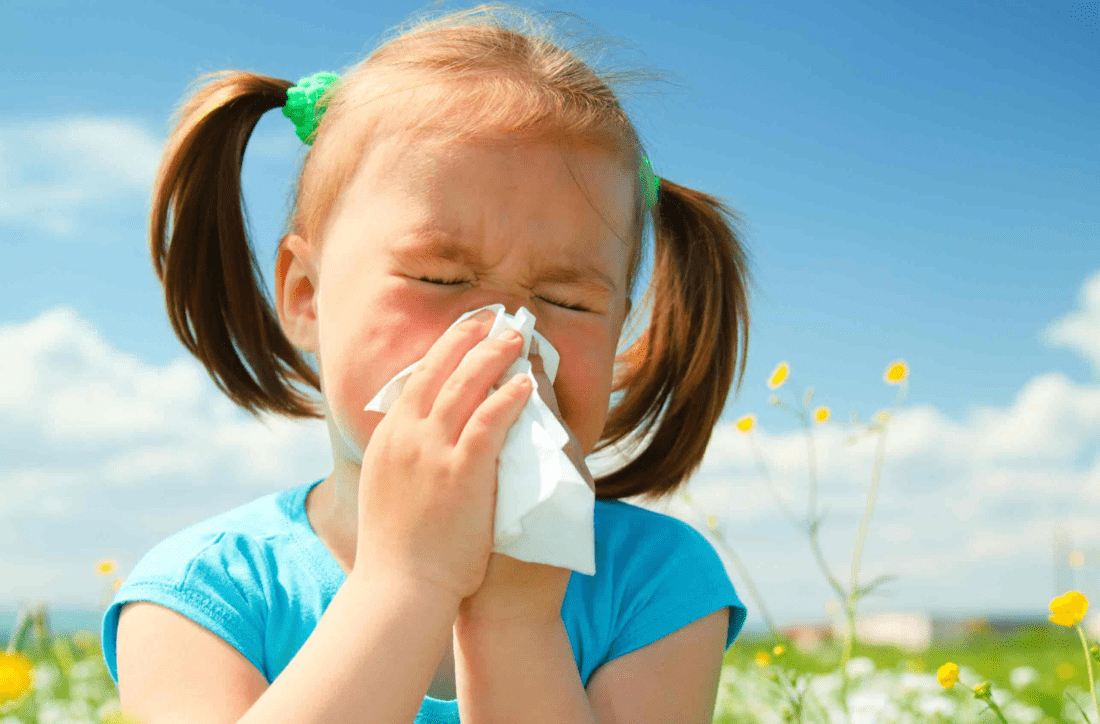Your child keeps sneezing. Their eyes are watery, their nose is stuffy, and they seem tired more than usual. At first, it feels like a cold. But then it lingers. Days go by, maybe even weeks, but the symptoms haven’t gone away. Sound familiar?

It’s a common story for many parents. The thing is, what you might be seeing isn’t another virus going around—it could be seasonal allergies that often mimic a cold. But how can you be sure?
That’s exactly what this article is here to help with. We’ll show you how to spot the not-so-obvious signs of seasonal allergies in kids. We’ll also share simple ways to ease symptoms so your child can feel more like themselves again.
Read on!
Understanding Seasonal Allergies in Kids
These happen when your child’s body reacts to things in the air—like pollen, mold, or dust. These things are harmless to most people, but in kids with allergies, they trigger an immune response. The body sees them as a threat and starts fighting back.
That’s what causes the sneezing, itching, and stuffy nose. The body is trying to protect itself, but it ends up making your child feel uncomfortable. These symptoms usually come and go depending on the time of year. Spring, fall, and late summer can be the worst times.
Common Symptoms to Look Out For
Allergies in kids don’t always show up in the same way. Sometimes, they look like a cold. Other times, they just seem like mild irritation that won’t go away. That’s why it helps to know the signs. Look out for:
- Sneezing that doesn’t stop
- A constantly runny or stuffy nose
- Red, itchy, or watery eyes
- A dry cough, especially at night
- A scratchy or sore throat
- More tiredness or crankiness than usual
If the symptoms happen at the same time each year, that’s another big clue.
Smart Management Strategies
Once you recognize the signs, the next step is managing them. The good news? You don’t need anything complicated. A few simple changes can make a big difference in how your child feels.
Medications
When symptoms are strong or getting in the way of sleep, play, or school, allergy medicine for kids can help. There are plenty of options that are made to be gentle and non-drowsy. Some even come in chewable tablet form, which makes them easy for kids to take.
When buying, take a close look at the label. Choose clean, simple formulas with clear ingredients. It’s smart to stick to options made just for kids, especially those without artificial dyes or sweeteners. Also, always buy from trusted sources—ones that focus on safe, kid-specific products with clear directions.
Cool Compresses & Soothing Routines
If your child’s eyes are itchy or puffy, a soft, cool cloth can work wonders. Just place it over their eyes for a few minutes. It helps calm irritation and feels good, too.
A warm shower at the end of the day can also help wash away pollen from the hair and skin. This simple step can make bedtime more comfortable.
Hygiene Practices
Allergens like pollen and dust can stick to clothes, skin, and even toys. That’s why small hygiene habits make a big difference. Change your child’s clothes after they’ve been outside. Wipe their hands and face when they come back in.
And make sure they wash their hands before meals and bedtime. These tiny changes help reduce how much allergen stays on them throughout the day.
Allergy-Friendly Home Habits
Your home should feel like a safe space—especially when allergies are flaring up. Keep windows closed during high pollen days, especially in the morning. Use air purifiers if you can, or run the AC with a clean filter.
Try to limit items that collect dust, like heavy curtains or too many stuffed animals. Washing bedding in hot water once a week can also help reduce indoor triggers.
Supporting the Immune System
A healthy immune system doesn’t stop allergies—but it can help your child feel stronger overall. Simple things like staying hydrated, getting enough sleep, and eating a variety of fruits and vegetables go a long way.
If your child is often sick or slow to bounce back, you can ask their doctor about supplements like vitamin C or probiotics. These support the body’s natural defenses, which is helpful during allergy season.
Closing Lines
Seasonal allergies in kids can be frustrating—but they don’t have to take over your family’s life. By noticing the signs early and making a few simple changes, you can help your child feel better, sleep better, and enjoy the outdoors again.
Think of this as just another part of learning what your child needs to feel their best.




